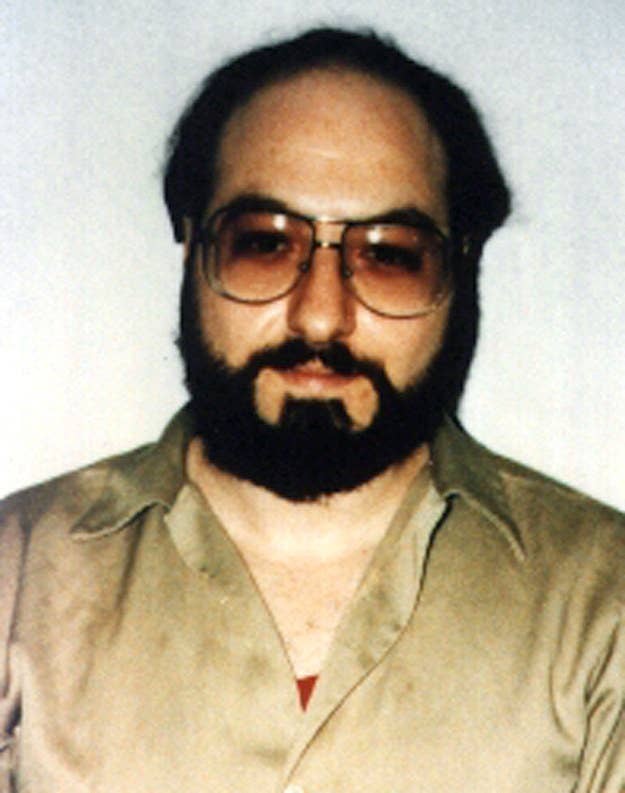
U.S. Secretary of State John Kerry said Tuesday that Israeli spy John Pollard — who was arrested in 1985 — would be released. His lawyers said a federal panel granted his request for parole.
Kerry said the move was not tied to the U.S.'s recent nuclear agreement with Iran, which Israel opposes.
Pollard will be released by the U.S. on Nov. 20 or 21, according to his lawyer.
The announcement that Pollard would be set free was first made by Ayelet Shaked, Israel's justice minister. Israeli officials have long petitioned for the U.S. to release Pollard. In Israel, his ongoing imprisonment has become a national campaign, with many Israelis flying "Free Pollard" posters whenever U.S. officials conduct state visits.
Pollard, 60, has spent 30 years behind bars. His lawyers said that in recent years he has battled health problems.
He was arrested in 1985 and sentenced to life in prison in 1987 for passing thousands of classified documents to Israel when he was a U.S. Naval intelligence officer.
The Wall Street Journal reported last week that U.S. officials were preparing to release Pollard as a sweetener to smooth over Israeli anger over the Iran nuclear deal. While Pollard's lawyer told Reuters that the release had no connection to Iran, many have seen the two as linked.
Popular Israeli columnist Ronen Bergman wrote in the Hebrew-language daily Yediot Ahronot that Pollard was "a consolation prize" for the Iran deal. Nachman Shai, chairman of the Israeli parliamentry caucus for Pollard's release, told the Washington Post that Pollard had served the maximum time for a prisoner convicted of spying on an ally.
"They did not treat him well and they took it up to the worst point, so to say that this is a gesture from the American side to soften the Iran deal is an insult, and that is the least I can say," he said.
Some former U.S. officials who opposed freeing Pollard argued that it wouldn't make the Iran deal any more palatable to Israel.
Releasing spy Jonathan Pollard doesn't make the #IranDeal any less of a disaster for Israel & the free world.
Attorney General Loretta Lynch said Tuesday that Pollard had served enough time in prison according to sentencing laws, and also said there was no connection between his release and the Iran deal.
During a session of the Aspen Security Forum, Lynch said that Pollard was still serving under old sentencing laws — giving him life terms terms for certain crimes such as espionage.
"It would have been extremely far-thinking of people 30 years ago to sentence Mr. Pollard and set this mandatory release date to coincide with the Iran deal. And if they were able to pull that off I would be quite impressed," Lynch said at the Aspen Security Forum.
Lynch said that by all accounts Pollard had been a model prisoner, which was taken into consideration by the parole board.
"They simply evaluate his behavior in prison, they evaluate all the factors and circumstances. And we look at it in terms of anything we need to look at further or investigate or review and provide that information to the parole board," Lynch said.
Pollard's lawyers said in a statement the parole ruling mandates he must remain in the U.S. for five years. But President Obama has the power to amend that rule and allow him to return to Israel, where he is a citizen.
